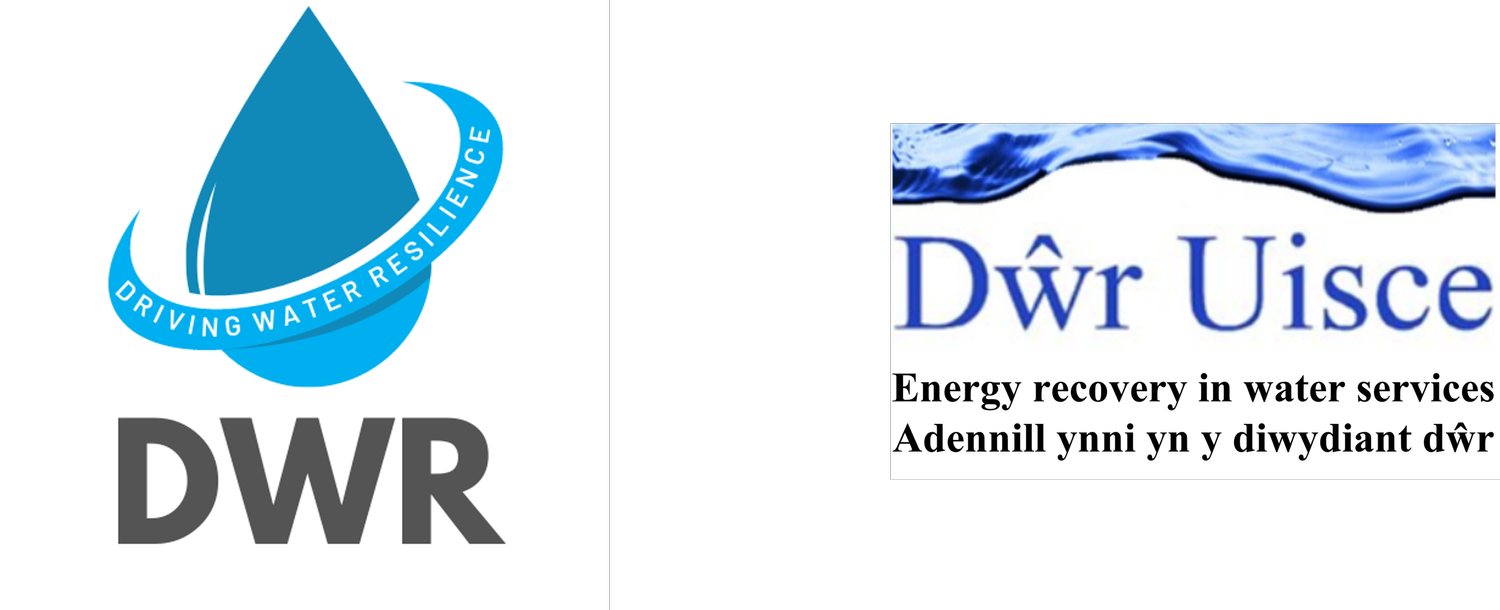Paul Coughlan and Roberta Bellini
Last month, we welcomed our ‘Welsh’ cousins from Bangor University to Trinity Business School for the last Dwr Uisce Team meeting in Dublin. Over the past five and a half years, our team meetings have been hosted either in Trinity College or Bangor University every 5-6 months. From the beginning, we have run these meetings as research seminars where everyone contributes. As well as for sharing research findings and progress, the meetings represent an invaluable learning opportunity: each team member can learn from the others (within and outside of their disciplines) about their work and area of research and their experiences. All receive and give feedback and suggestions, reflect on the impact and relevance of what, as individuals and as a team, we have achieved and will continue to work towards. Overall, bringing together everyone in the same safe space represents an invaluable opportunity to create and harness an atmosphere for collaboration, discussion, inspiration and motivation.
Our meeting last month took place over two days, with a typically rich agenda covering progress and future plans for each of the work packages, project management updates and two group activities. All team members presented their interesting work and progress across the project. While it is difficult to summarise in just a few lines, here is a snippet:
the advancements in the lab experiments for drain water heat recovery and the current monitoring of one of Bangor student residences for energy recovery potential were presented;
the total energy produced at Blackstairs demo site since becoming operational and its relevance considering the recent energy prices were also highlighted;
the preliminary results of the survey part of the Citizen Science project were illustrated; and
the details of a new study on the life cycle of renewable energy sources for domestic hot water and space heating were disclosed.
And much more…You will read about some of these updates in the News feed on our website over the next few months.
Team members meeting in Trinity Business School (clockwise from left to right) Dr Isabel Schestak, Dr Prysor Williams. Dr Madhu Murali, Dr Nathan Walker, Dr Richard Dallison, Dr Aisha Bello-Dambatta, Dr Roberta Bellini, Dr Djordje Mitrovic, Dr Daniele Novara, Prof Paul Coughlan and Prof Aonghus Mc Nabola.
OECD six key parameters for transdisciplinary research projects
During the meeting we undertook a short idea storming workshop to explore the transdisciplinarity of our research. Transdisciplinary research is a mode of knowledge production that is effective in addressing sustainability challenges from necessarily different perspectives. Its effectiveness stems from its closeness to real-life problem contexts and practice-based expertise. As a project, Dwr Uisce demands a transdisciplinary approach, and we have responded through bringing together engineers, environmental scientists, geographers and management researchers to collaborate with practitioners in Ireland and Wales. In our idea storming workshop, we reflected on this approach. We used the six key parameters of the OECD Global Science Forum (2020) framework to describe our transdisciplinary research project and each team member contributed to characterising the depth and breadth of our transdisciplinary work. The outcome of this workshop was to highlight the process and impact of researching across disciplines and with practitioners as a way to find and demonstrate solutions to our shared sustainability challenge. Once consolidated, we will capture our insights in a paper currently being written for presentation at the Innovation and Product Development Management Conference (IPDMC) in July 2022.
Last but not least, ideas and plans about what the future of Dwr Uisce could look like once the project ends have also started to be discussed. Our new question is: how can we ensure the sustainability of the initiative beyond the project lifespan? More details to follow!
References
OECD Global Science Forum (2020), Addressing societal challenges using transdisciplinary research


